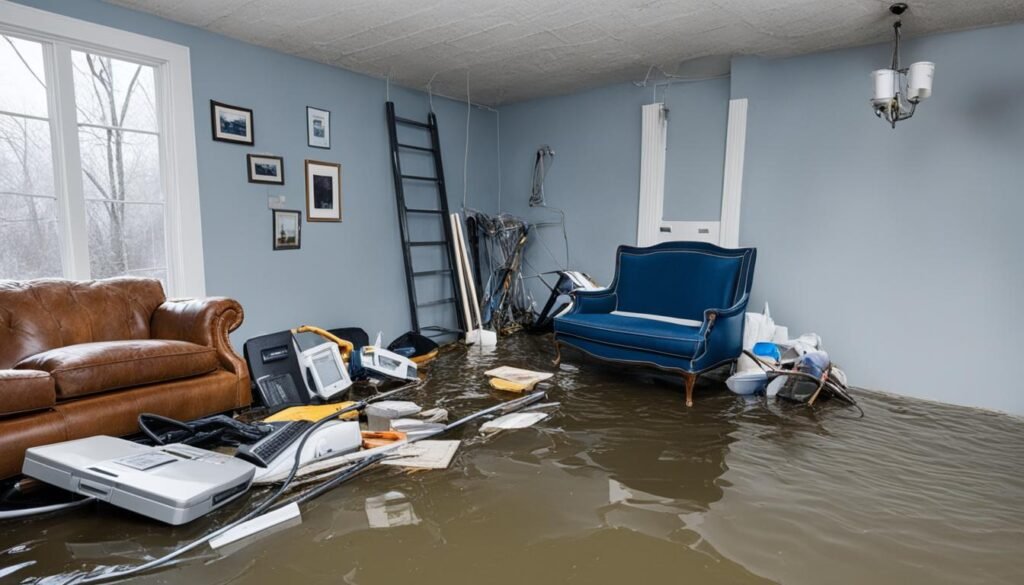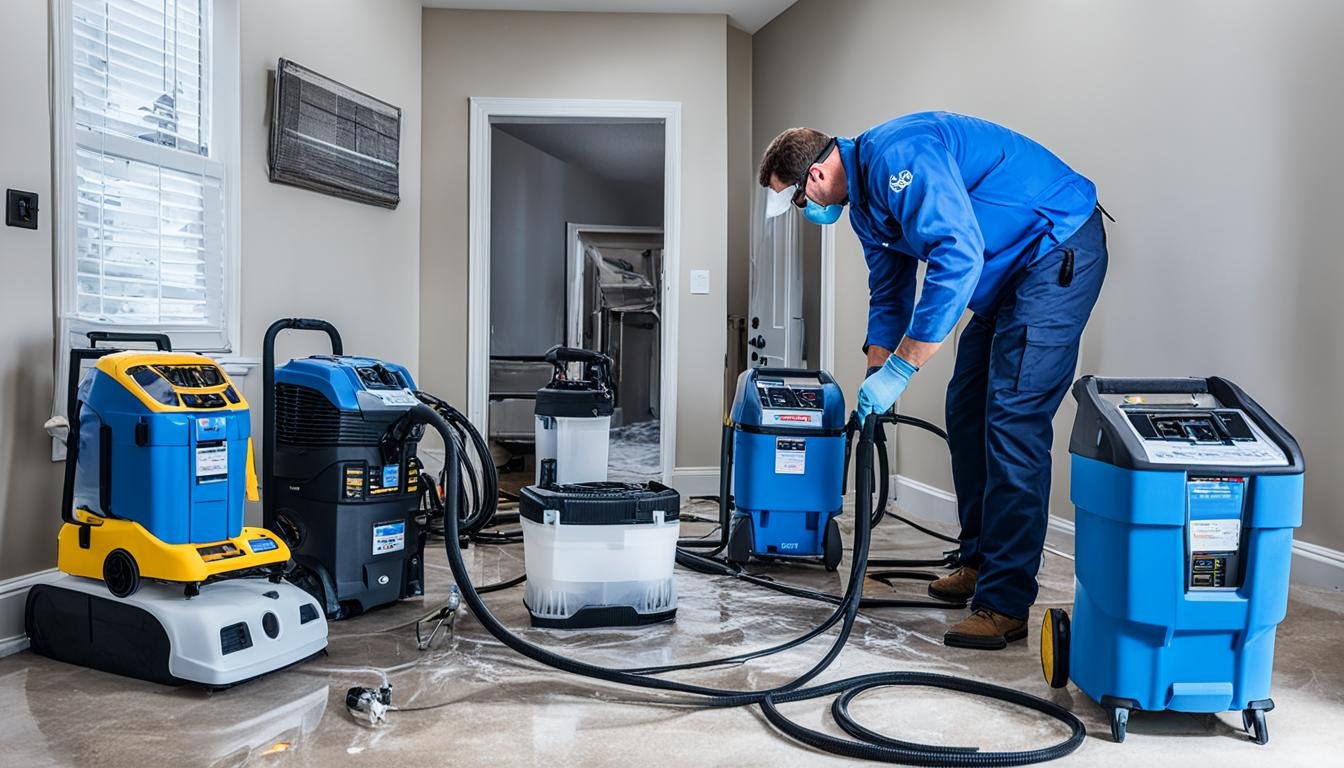Did you know that water damage is the second most common cause of homeowners insurance claims in the United States? Approximately one in 60 insured homes experiences property damage due to water damage or freezing each year. This staggering statistic highlights the widespread impact of water damage on homeowners across the country. If you’re a homeowner in San Bernardino, it’s essential to understand the ins and outs of water damage restoration and insurance coverage to protect your property and finances.
Key Takeaways:
- Water damage is the second most common cause of homeowners insurance claims.
- About one in 60 insured homes experience property damage from water damage or freezing each year.
- Understanding insurance coverage for water damage is crucial for homeowners in San Bernardino.
- Homeowners’ insurance policies may cover water damage caused by sudden and accidental events, but there are exceptions.
- Knowing what your insurance policy covers and what repairs are included in a water damage claim is essential.
Is Water Damage Covered by Insurance?
When it comes to protecting your home from unforeseen damages, understanding your insurance coverage is essential. Water damage is a common concern for homeowners, but is it covered by insurance? The answer is – it depends.
Most homeowners insurance policies typically cover water damage if it is sudden and accidental. This means that if a pipe bursts or your washing machine overflows, your insurance may provide coverage for the resulting water damage. However, it’s important to note that there are certain situations where insurance companies may deny coverage.
Here are some scenarios where water damage may not be covered:
- Water entering your home through the ground or sewer: Insurance companies often exclude coverage for damage caused by water that enters your home through the ground or sewer. This includes damage from heavy rain, floods, or overflowing sewer lines. It’s important to consider additional coverage, such as flood insurance, if you live in an area prone to these types of events.
- Mold damage caused by negligence: While water damage from a covered event may be covered, insurance companies may deny coverage for mold damage if it is determined that it could have been prevented through proper maintenance or timely repairs.
- Flood damage: Standard homeowners insurance policies typically do not cover damage caused by floods. If you live in a flood-prone area, it’s important to obtain separate flood insurance coverage to protect your home and belongings.
Knowing the exclusions in your policy is crucial, as it helps you understand what repairs and damages are included in a water damage claim. It’s always a good idea to review your policy with your insurance agent and consider additional coverage options to ensure you have adequate protection.
To give you a better idea of what may or may not be covered by insurance, here’s a summary of common water damage scenarios and their likelihood of being covered:
| Water Damage Scenario | Likelihood of Insurance Coverage |
|---|---|
| Leaking pipe | Covered |
| Burst water heater | Covered |
| Storm-related roof leak | Covered |
| Water seepage through foundation | Not covered |
| Flood damage | Not covered |
| Mold damage due to negligence | Not covered |
Remember, each insurance policy may have different terms and conditions, so it’s important to review your specific policy and consult with your insurance agent to fully understand your coverage.

Next, we’ll explore how much insurance typically pays for water damage, including replacement cost coverage and actual cash value.
How Much Does Insurance Pay for Water Damage?
When it comes to water damage, the amount that insurance companies pay can vary based on several factors. The type of insurance policy you have and the extent of the damage are two key factors that determine the insurance payment for water damage.
Typically, homeowners insurance policies provide coverage for the replacement cost of your home and other structures. This means that if your property is damaged due to water, the insurance company will cover the cost of repairing or replacing the damaged structures up to the policy limit. However, when it comes to personal property, such as furniture, electronics, and clothing, insurance companies often calculate the payment based on the actual cash value.
The actual cash value takes into account depreciation, meaning it considers the item’s age and condition at the time of the loss. To calculate the actual cash value, the insurance company subtracts the depreciation from the replacement cost. This means that if your personal belongings are damaged by water, you may receive a lower payout than the original purchase price of those items.
To ensure you receive adequate compensation for your damaged property, it’s crucial to understand the terms used in your insurance policy, such as replacement cost and actual cash value. If you want to be fully covered for the replacement cost of your personal property, it’s worth considering getting an endorsement or additional coverage for replacement cost. This way, you can have peace of mind knowing that you’ll be financially protected in the event of water damage.


